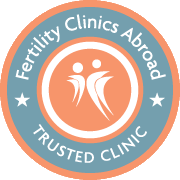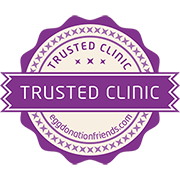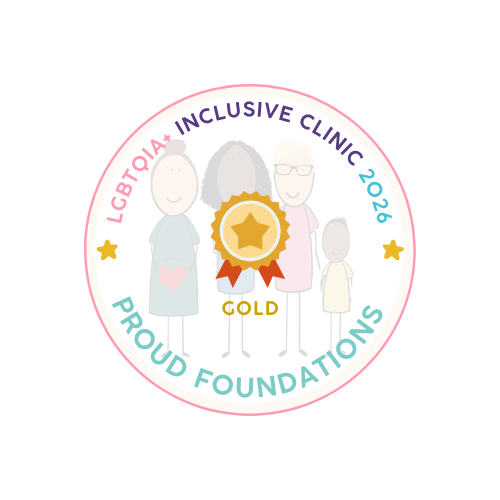Guiding European patients through IVF: Key Milestones and Potential Delays
by Katerina Mpekiari, last updated 06 Oct 2025,
4 min read
Planning your IVF journey in Greece is an exciting step, and being informed about your expected timeline can make the experience much smoother—especially if you’re travelling from another European country. It’s important to know that the process and time commitments are quite different for IVF using your own eggs compared to IVF with egg donation. Here’s what you can expect for each treatment path, along with key milestones and potential delays.
IVF using your own eggs: What to expect
If you are pursuing IVF with your own eggs, you’ll begin treatment in your home country, which allows you to stay close to home for the early steps. Your cycle starts with the onset of your menstrual period. During the first few days, you’ll have a baseline scan—known as an Antral Follicle Count (AFC)—to assess your ovarian reserve and ensure everything is ready to proceed.

Your IVF clinic in Greece will review the results and provide you with a personalized medication plan.
Preparation and scans
You will begin ovarian stimulation with injectable medications, which usually lasts for about 10 to 12 days. During this period, you’ll undergo several monitoring scans—typically around days 5, 7, and 9 of stimulation—to track your follicle development. These scans can be conveniently arranged in your home country.
Once your follicles reach the right size, your clinic will let you know when to travel to Greece. You’ll be asked to arrive before your final scan, egg collection, and embryo transfer. Most women stay in Greece for about 8 to 12 days if a fresh embryo transfer is planned.
Egg collection
On the day of egg collection, your partner provides a semen sample (or a donor sample is used, if applicable), and fertilization is performed using ICSI. After egg collection, you’ll begin taking daily progesterone.
The embryos are cultured for five days until they reach the blastocyst stage, at which point a fresh embryo transfer is performed (if all is progressing well). You’ll then take a blood test (bHCG) approximately nine days after transfer, usually once you’re back home, to check for pregnancy. If your situation or clinic recommends a “freeze-all” approach, where embryos are frozen for transfer at a later date, your time in Greece can be shorter—typically around 4 to 6 days.
IVF With Egg Donation: A Shorter, More Streamlined Experience
If you are using donated eggs, the treatment process is often more straightforward and requires less time spent in Greece. The donor will undergo ovarian stimulation and egg retrieval according to their own cycle. Meanwhile, your role is to prepare your uterus with specific medications to ensure the lining is ready for embryo transfer.
Because you don’t need ovarian stimulation or the monitoring that goes with it, there are fewer steps for you to manage before traveling. Once the embryos are ready—either fresh or previously frozen—you travel to Greece for the scheduled embryo transfer. Most women need to stay in Greece only about 4 to 6 days for this type of cycle, making the process not only less physically demanding but also more accommodating for your travel plans.
Potential delays and how to plan ahead
Every IVF journey is unique, and sometimes your timeline can shift due to a variety of factors. If you are using your own eggs, your response to stimulation—as measured by follicle growth during scans—may be faster or slower than average, leading to schedule adjustments. In rare cases, the timing of the egg collection may be delayed if your follicles aren’t quite ready. With egg donation, most delays involve coordinating the donor’s cycle, medical readiness, or embryo development.
To keep things running smoothly:
- Make sure you have all early monitoring organized with your local healthcare provider if using your own eggs.
- Stay closely connected with your IVF coordinator in Greece for any timeline updates.
- Allow a little flexibility in your travel plans so you can adapt to any slight changes in procedure timing.
Planning your IVF abroad with confidence
Knowing whether you’ll use your own eggs or donor eggs is a key decision that directly impacts your IVF timeline, travel schedule, and experience. Treatment with your own eggs requires more preparation, monitoring scans, and a longer stay in Greece, whereas egg donation offers a shortened, simpler path to embryo transfer with fewer steps required abroad.
Wherever your path leads, understanding these stages helps you plan confidently and focus on what matters most: your journey toward building the family of your dreams.
If you have questions or need support at any step, the Newlife IVF Greece team is here to guide and reassure you along the way.

Katerina Mpekiari, BSc
Katerina is a Midwife and an International Patient Coordinator at Newlife IVF Greece.











